Generating awareness and demand, preventing and controlling women’s cancers
By Indrani Kashyap
When Salimar Valencia Lopez reached the busy, government-run Tondo Medical Center in Manila for a free cervical cancer screening, she had no idea that she could conduct part of the test herself.
The health worker explained to Salimar that she could collect her sample in privacy by gently brushing her cervix with a swab, or the health worker could do the procedure in the examination room. Lopez happily chose self-collection. “Oh this is good, because I am embarrassed about exposing myself to a health worker,” said the 42-year-old mother of two. “Self-collection, I didn’t know that there was such a thing!”
Using a process similar to the gold standard RT-PCR test for detecting COVID-19, Lopez’s cervical cells would then be tested for the high-risk human papillomavirus (HPV) strains that are most likely to cause cervical cancer, using a highly accurate process called HPV-DNA testing. If their samples are negative, women are asked to test again in three to five years. If they are positive, a provider treats any precancerous lesions using methods such as thermal ablation, a quick process of destroying the abnormal cervical tissue using a heated metal probe.
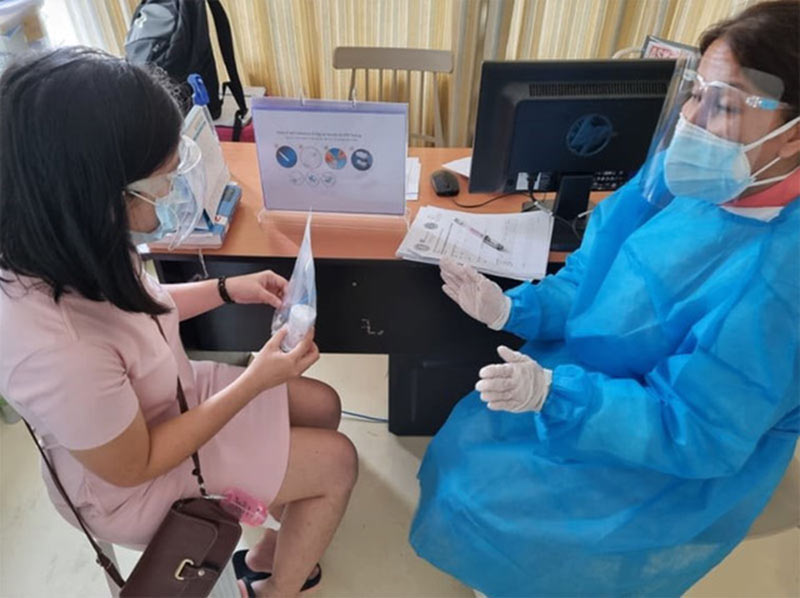
A health provider in the Philippines counsels a woman on the self-collection method of HPV-DNA testing as part of cervical cancer prevention and treatment services. The Philippines is one of four countries supported in this work through the Jhpiego-led, Unitaid-funded SUCCESS program . Photo by Ingrid Magnata.
With such a simple test, and available treatment options that could, together with HPV vaccination, completely eliminate cervical cancer and save the lives of more than 300,000 women each year, more than 80 percent of whom live in low- and middle-income countries (LMICs), the question arises—why are so many still dying from this disease? Dr. Veronica Reis, Jhpiego’s senior technical advisor for women’s cancers, explains, “We know what we can do to prevent it . . . ensure robust coverage of HPV vaccination, screen women of target age and provide the necessary treatment. It’s challenging for LMICs. In general, they prioritize other diseases, rather than cervical cancer. I believe that in Jhpiego, we have a very important role to support countries to increase awareness, advocate to mobilize resources and strengthen capacities for advancing women’s cancer prevention and control.”
A simple test
Jhpiego began its work in women’s cancer prevention more than two decades ago with the introduction of a simple, effective method to screen for cervical cancer known as visual inspection with acetic acid and treatment with cryotherapy and other procedures . Those efforts, in partnership with governments, advanced with the introduction of the HPV-DNA test and thermal ablation. Jhpiego also expanded its work to include breast health awareness initiatives in Botswana, India, Mozambique and Tanzania and strengthen capacities for provision of clinical breast exams as part of essential health services. In addition, Jhpiego supported efforts in Ethiopia, India, Pakistan and Tanzania to introduce HPV vaccines for young girls to prevent cervical cancer in the next generation. Today, Jhpiego is a partner in the multicountry, Unitaid-funded and Expertise France-led project called Scale Up Cervical Cancer Elimination with Secondary Prevention Strategy (SUCCESS).
Secondary prevention refers to the screening and treatment of precancerous lesions, like what Lopez went through, allowing for early detection of potential cancers and, therefore, more effective treatment. SUCCESS is introducing an accessible, affordable and achievable screening and early treatment model for cervical cancer in Burkina Faso, Côte d’Ivoire, Guatemala and the Philippines. These four countries account for 12,999 new cases of cervical cancer and 8,410 related deaths annually and represent three-high burden regions—sub-Saharan Africa, Latin America and South East Asia. Along with the Union for International Cancer Control, Jhpiego is working to reach 185,000 women across the four countries with HPV-DNA screening within three years through this project. Among the goals of SUCCESS is to screen 75,600 women who are living with HIV.
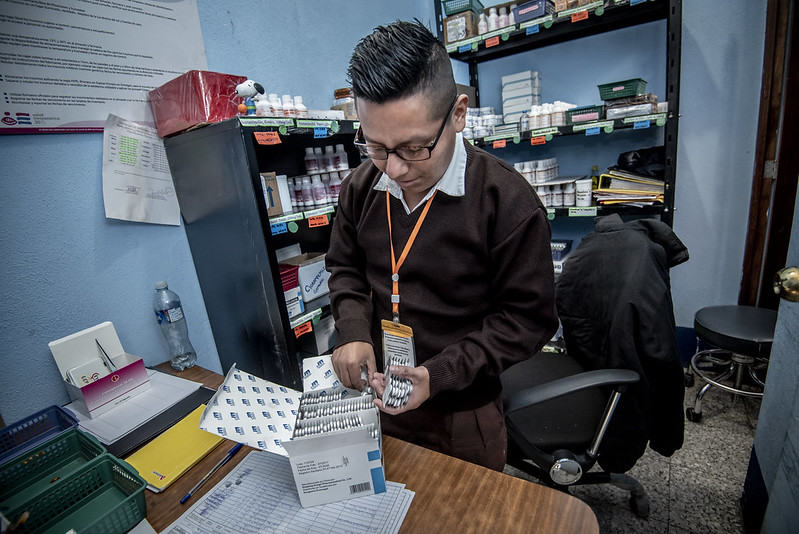
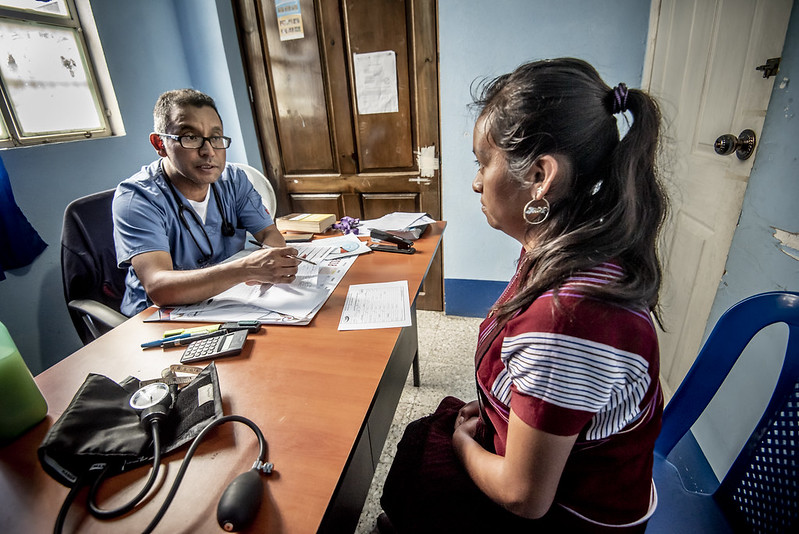
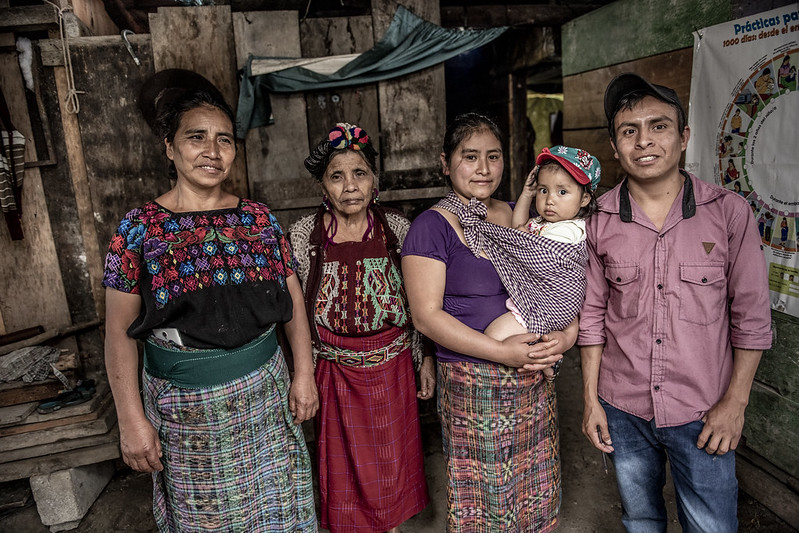
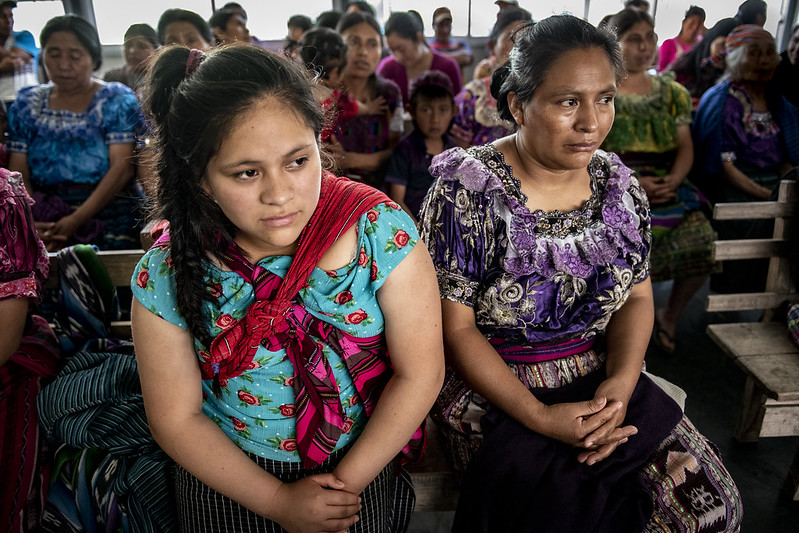
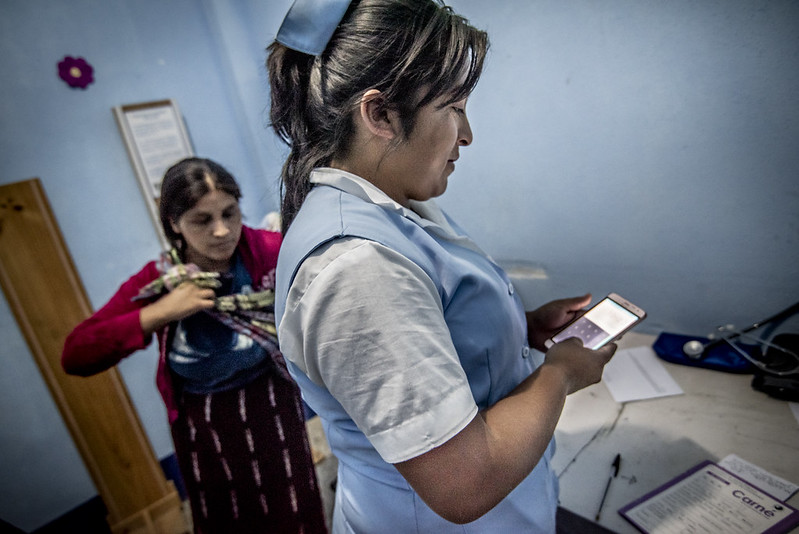
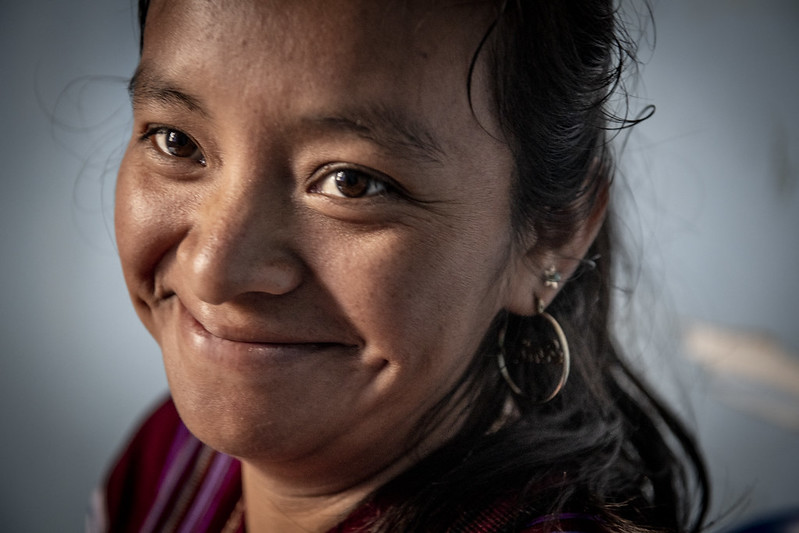
2020 cervical cancer elimination strategy
The project aligns with the World Health Organization’s 2020 cervical cancer elimination strategy. Reis explains, “Jhpiego has been supporting WHO efforts to develop the elimination strategy and update recommendations for cervical cancer screening and treatment. Based on existing evidence, we consider it really important to move to screen women with a high-performance test such as HPV-DNA especially because, for screening with visual inspection with acetic acid or pap smear, we needed the woman to come into a facility and undergo a speculum examination by a trained provider. We know that this is a challenge for LMICs. Self-collection for an HPV-DNA test makes this process simpler and has the potential to increase coverage. Also, we know that the quality of this method of screening is higher than the other methods.”
Tracey Shissler, Jhpiego’s implementation director for SUCCESS, adds, “HPV-DNA testing is this great opportunity for efficiencies and empowerment that can have a real impact—reaching more women through self-collection of HPV samples and channeling provider time to only focus on women who are at risk—those who are HPV positive. It also puts women in more of a participatory position, of being able to collect the sample themselves.”
The experience of women like Lopez holds great relevance. Despite having had a pap smear in 2012, it took Lopez almost a decade to return for a test. It can take several years for HPV infection to develop into cervical cancer, presenting no symptoms to the woman in the interim. “In LMICs, health seeking behavior really tends to be determined by when the person feels grave symptoms and this mindset deprioritizes HPV screening for them,” says Donna Miranda, Jhpiego’s awareness and demand generation officer in the Philippines, and adds, “Our project’s communication campaign uses the hook ‘you do not need symptoms to seek care’.”
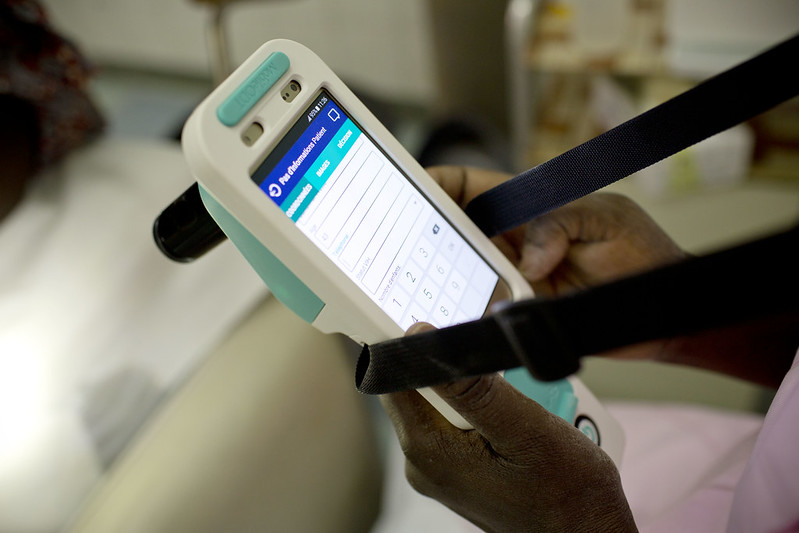
Women living with HIV are six times more likely to get cervical cancer
Across the project, but especially in Burkina Faso and Côte D’Ivoire, women living with HIV are a priority because they are six times more likely to get cervical cancer. Of more than 7,000 women screened through SUCCESS in the two west African countries, almost 3,000 are living with HIV. This project is an invaluable addition to other Jhpiego projects supported by the President’s Emergency Plan for AIDS Relief and the U.S. Agency for International Development that focus on cervical cancer prevention and treatment for women living with HIV in Guinea, Mozambique, Namibia, Nigeria and Zambia.
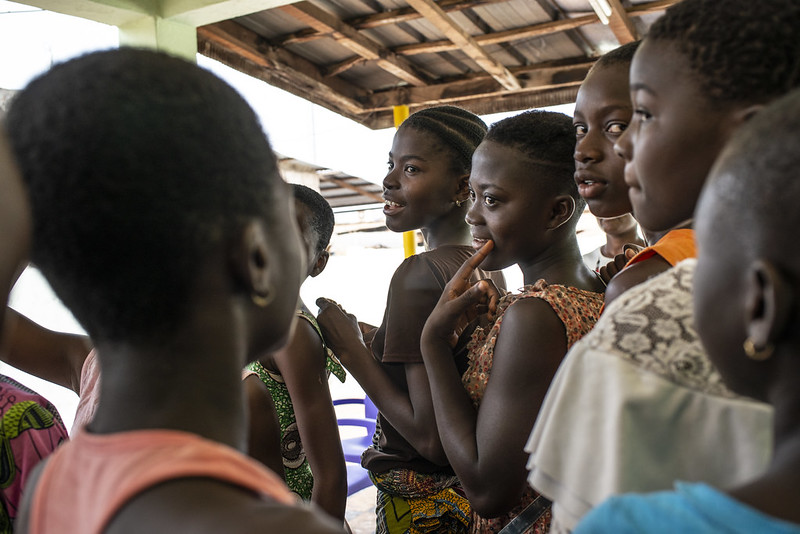
The objectives of SUCCESS couldn’t be closer to Jhpiego’s mission of saving lives and providing transformative health care solutions to the most vulnerable. One of the big goals of Jhpiego’s cancer strategy is to meet women where they are. But as simple as it sounds, achieving this requires concerted effort, as Maura McCarthy, Jhpiego’s senior technical lead for women’s cancers, highlights, “To meet women where they are, we are looking at decentralizing screening, diagnosis and treatment, developing innovative and integrated strategies for strengthening primary health care to include women’s cancers. Jhpiego is adding value across the entire system—in working with policymakers, facility managers and providers, community representatives and civil society, teaching hospitals and tertiary institutions—to bring people together and identify barriers in cancer care delivery, and develop coalitions and partnerships to address them. We work with private sector providers and industry to introduce new diagnostics and treatment to help bring them to scale.”
Throughout all of Jhpiego’s efforts in women’s cancers is the core belief that where a woman and her family live shouldn’t determine if they live. Dr. Ingrid Magnata, Jhpiego’s country director in the Philippines, sums it up well, “We are passionate because this [addressing women’s cancers] is a direct prevention of mortality. It is a perfect fit with our mission of saving lives, improving health and transforming futures. We have a daunting task ahead but, together with our partners, we are determined to make it happen.”
Jhpiego’s Breast Health Work in India

In the past five years, Jhpiego has done substantial work to address breast cancer in India through a comprehensive Breast Health Initiative and other programs to demonstrate a scalable model to improve access to early diagnosis and treatment of breast cancer through the existing primary health care system in four large states in India. The initiative, in collaboration with the government of India, demonstrated that trained community health workers could deliver tailored breast cancer awareness messages to women aged 30 to 65, followed by quality clinical breast examination by frontline health workers at primary care clinics. A lean patient navigation system could lead to timely detection and treatment through an efficient referral pathway. Jhpiego also developed robust monitoring and evaluation systems and dashboards that helped capture key data needed for decision-making.
More recently, commissioned by the World Health Organization, Jhpiego—along with the Rural Unit for Health and Social Affairs at Vellore Christian Medical College—produced a comprehensive assessment of prevention and management of common cancers in India in 16 selected districts across eight states. Some of the challenges and gaps identified through this analysis are inadequate human resources and lack of training of frontline health workers for screening and early detection of cancers. The analysis points to the importance of adopting newer modalities of screening and training, ensuring translation of skills into practice for a greater number of health workers, and incorporation of HPV vaccination as part of the country’s immunization program.
Indrani Kashyap is Jhpiego’s Asia Regional Communications Manager, based in New Delhi.



